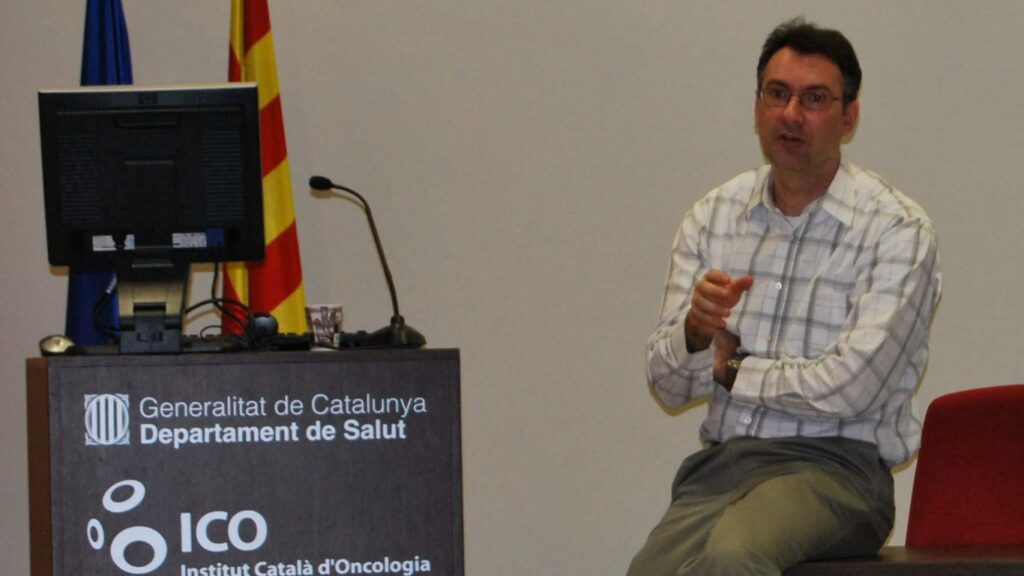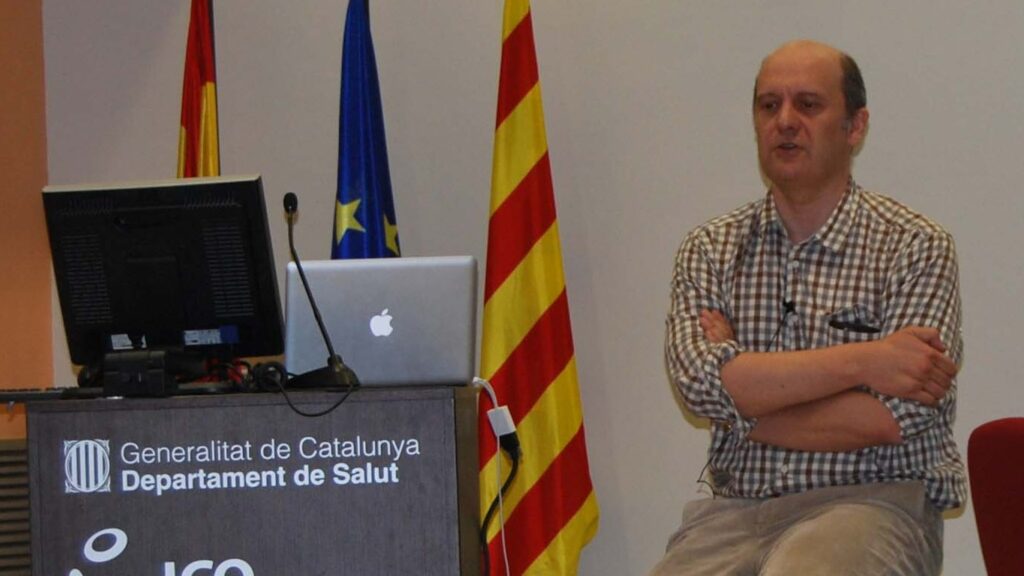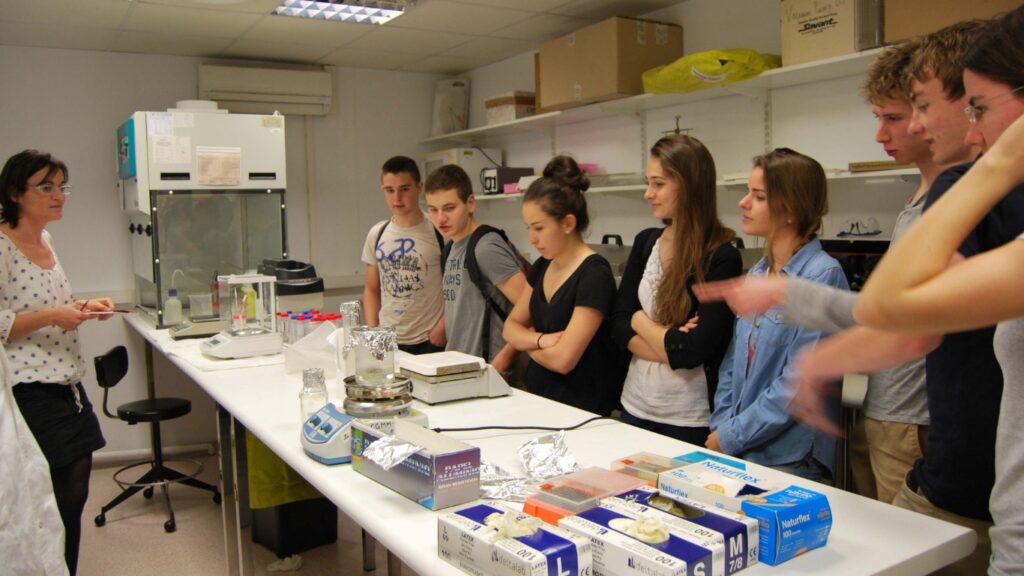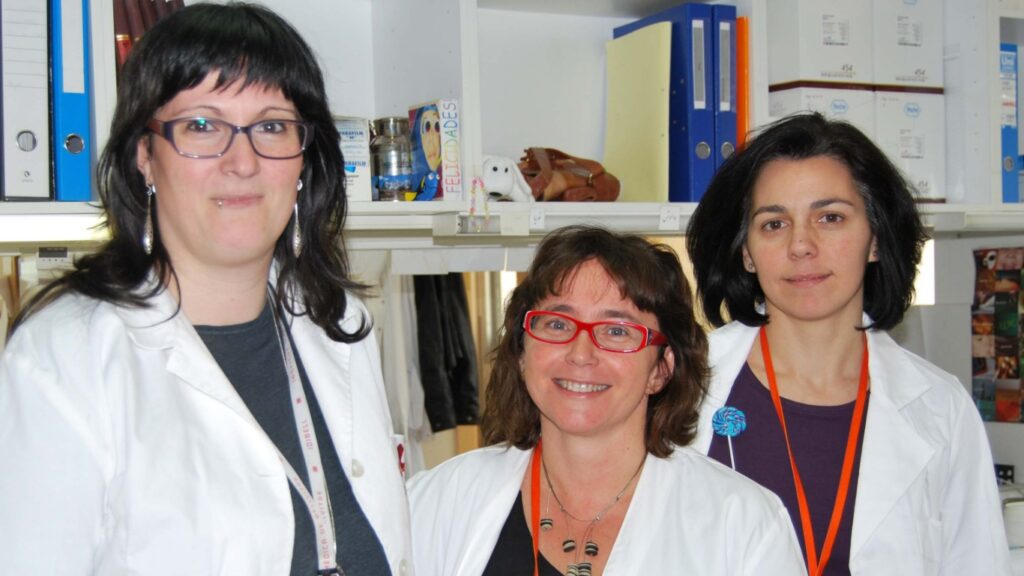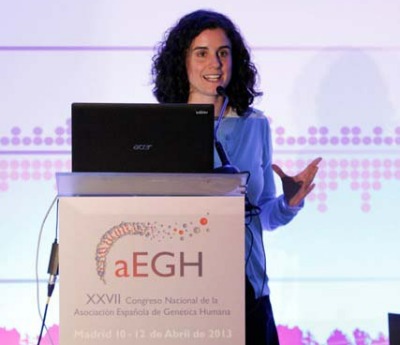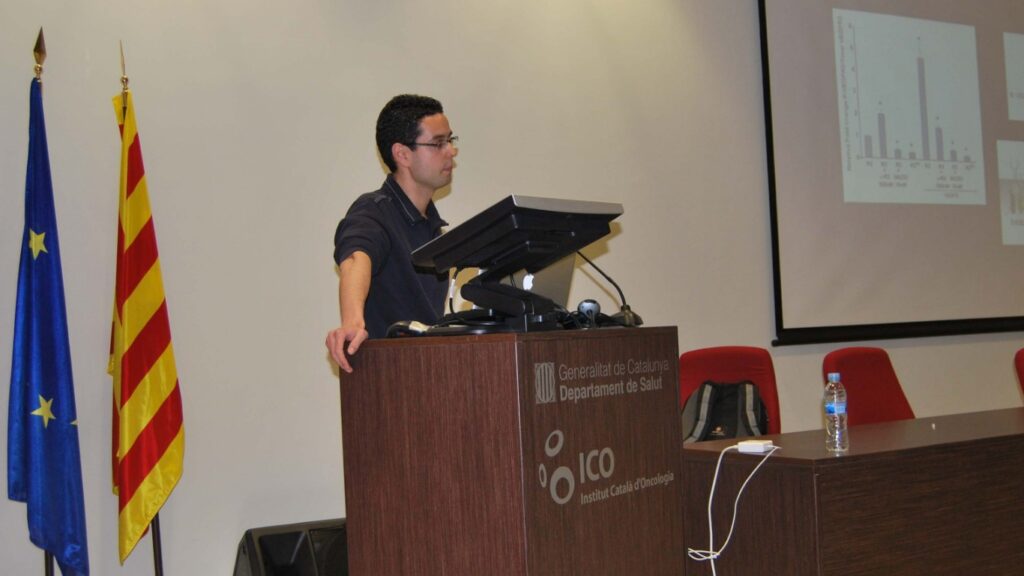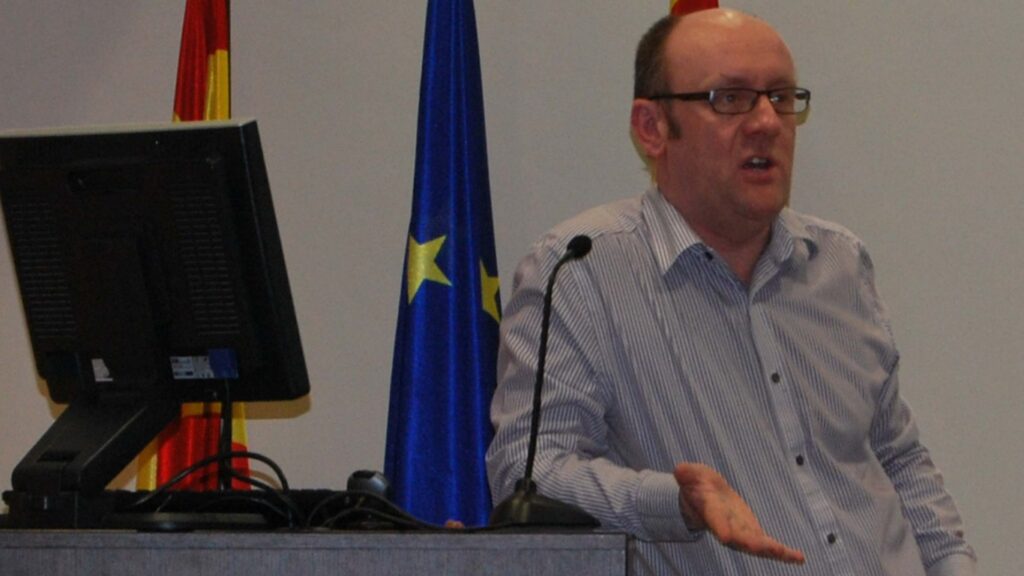Cedric Notredame: “We want to understand under what pressure evolves long noncoding RNA”
According to the ENCODE‘s latest update in the human genome there are about 10,000 long sequences of RNA that do not code for any protein. Cedric Notredame’s lab at the Center for genomic Regulation (CRG) tries to detect these molecules not only in humans but also in other species to understand their functionality. Cedric Notredame […]
Cedric Notredame: “We want to understand under what pressure evolves long noncoding RNA” Read More »

